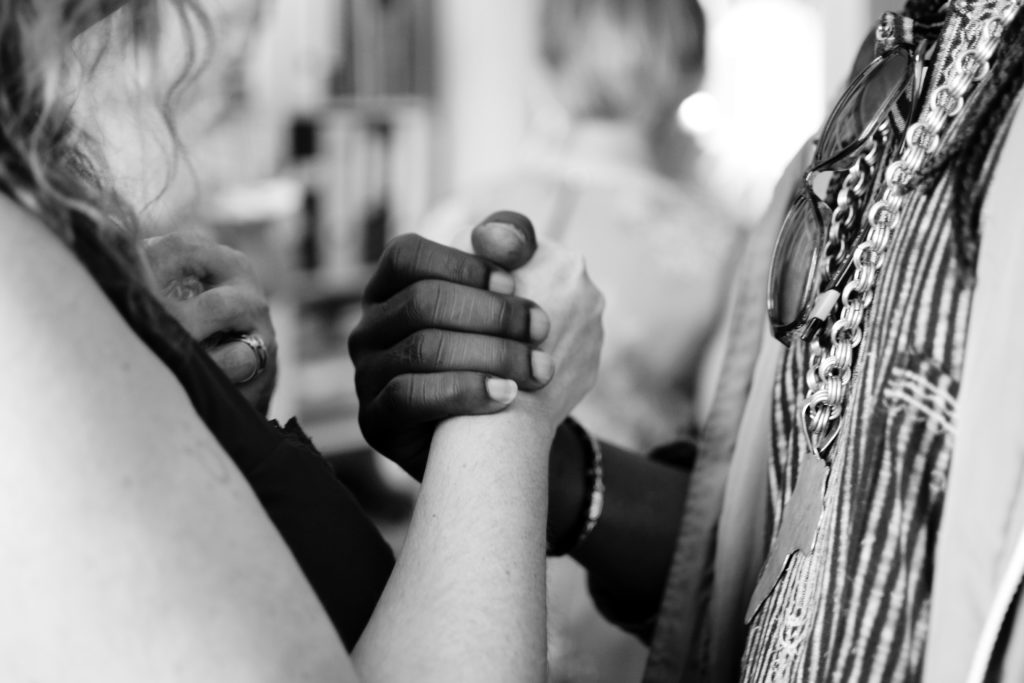To Our Tucson Fringe Family (Performers, Audience, and Supporters)

When COVID-19 hit the US, and theaters all over the country shut down, the Tucson Fringe board felt strongly that we needed to continue our mission: to support performers, especially those who don’t have a regular stage to perform on, and to connect the community (performers with each other, audience with new performers, etc). We would just have to be creative about how we do it. We created plans early on and continued to discuss them through early June, but as the world changes week by week, even day by day, we found ourselves struggling to keep up.
The murders of Breonna Taylor, Ahamud Arbery, George Floyd, and countless others has brought the Black Lives Matter movement to the forefront of the national and global conversation. With this came serious, tangible discussions surrounding our racist conditioning. As a board, we asked ourselves: are we adequately supporting diverse performers and connecting with all communities? And we realized that we had not been doing the work necessary to truly do either of those things effectively.
Tucson Fringe, like many fringe festivals around the world, has always operated under the “if you build it, they will come” mentality. If we offer a reasonably priced stage then the performers who need a stage will find us. Yet each year we wondered why the primary demographic of our performers and audience still looked like the primary demographic of many other theatres in Tucson and around the country (over 45 years old and overwhelmingly white). We hadn’t taken the time or effort to let the people who need it most know that our stage was for them. As the director of the festival, I patted myself on the back when the number of shows produced by womxn and people under the age of 30 went up, and I allowed those successes to be enough. But it is not enough.
As an organization, we are taking the next six months to do three things.
- We have three open seats on our board, including the position of Board President. Our board must reflect the demographics of Tucson as a whole. If we want people to know that the Tucson Fringe stage is a stage where everyone can have a voice, we need to reflect that in our organization’s leadership. We are looking for BIPOC, LGBTQ+, youth, and folks outside the performing arts community (young business entrepreneurs and leaders, we’re looking at you!) to help us realize that goal. Info and application can be found here.
- If we want a festival that truly reflects the diversity of Tucson, we need to actively reach out to organizations that can help us connect with those diverse populations, and work to show them that the Tucson Fringe stage can be their stage. We are generating a list of community organizations that can help us achieve that goal, and creating informational material that will help explain what a great opportunity Fringe can be for everyone with a story to tell.
- We will soon be offering mini-grants to performers who are looking for support in creating and delivering original performing arts content during the Covid-19. We encourage that delivery to be digital, given the current state, but we will also be flexible as the CDC, local government and health organizations change their recommendations in the future. When these mini-grant applications open, priority will be given to BIPOC, LGBTQ+, and youth applicants.
The original Fringe Festival started as a way to bring together performers who had been excluded from an elite performing arts festival and those who felt a deep need to connect and create after World War II had torn them apart. I’m hopeful that the work we do in the next six months will bring about meaningful change, and that when Tucson audiences are ready to go back to the theatre in person, we can offer them a festival that truly represents all of Tucson. We know this isn’t a one-time job, that it is an ongoing process and a conversation that needs to keep happening. Tucson Fringe is embracing the opportunity to learn and grow.